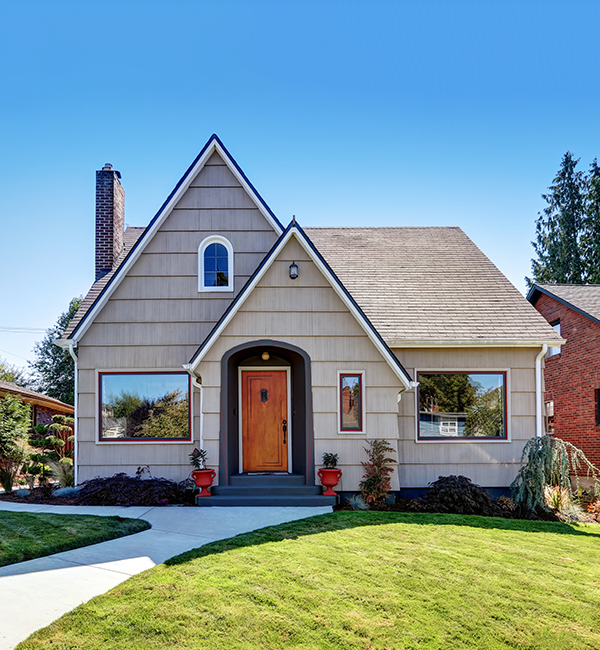With improved law enforcement tools, residential burglaries are on the decline, but they still occur at homes that look like easy pickings.
Burglars prefer to target homes that offer easy opportunity, low risk, and potential rewards. From the street, they can quickly gather information just by driving the neighborhood, “jogging by” at different times of the day, checking alleys and garbage for empty boxes of new purchases, and by pretending to be utility workers, evangelists, or solicitors to see when someone’s home. They look for:
- Easy access: wood doors, open windows, sliding glass doors
- Places to hide: overgrown bushes, walls, privacy fences
- Security: cameras, motion-sensor lights, barking dogs
- Poor lighting: no porch lights on at night, no landscape lighting
- New purchases: front yard decorations for birthdays, graduations, holidays, etc.
- Convenience: homes near highways/back alleys, secluded homes
Besides installing doorbell cameras and security systems, you can keep your car’s remote control handy as a panic alarm, stop announcing plans on social media, install steel doors and deadbolt locks, and meet and get to know your neighbors.




